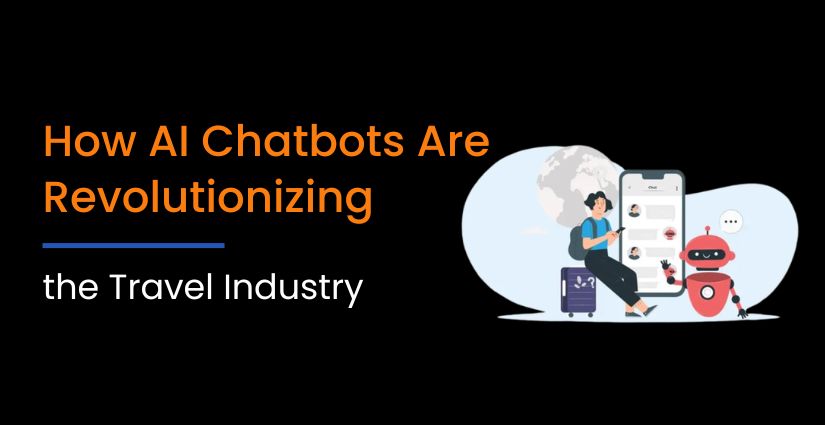
In today’s interconnected world, the importance of cyber security has reached new heights.We have already moved deeper into 2025, and it is clear that the digital threat has changed significantly. Not only are cyber attacks becoming more numerous but more refined, specific and destructive. You may be an individual, a startup or a multinational firm but one thing remains true, you can no longer afford to have poor cyber security, it is not an option any more.
The Online Growth and its Dangers
The world is digitalized today more than the past. Practically everything is online: financial transactions and healthcare records as well as government databases and smart home devices.
While this connectivity offers unmatched convenience and efficiency, it also creates countless entry points for cybercriminals.
In 2025, the average business uses over 100 cloud-based applications and services. This expansion, although productive, increases vulnerability. Without proper protection, sensitive data is just one phishing email or system vulnerability away from being exposed or stolen.
The Rise in Cyber Threats
Over the past few years, we’ve seen a surge in various forms of cyber attacks:
Ransomware attacks have grown by over 150%, targeting hospitals, educational institutions, and businesses.
Phishing scams have become alarmingly convincing, often tricking even tech-savvy users.
Zero-day vulnerabilities are exploited faster than security teams can patch them.
AI-powered cyber attacks now adapt in real-time, making detection harder than ever.
All of these developments underline the critical importance of cyber security in 2025. The threats are real, persistent, and capable of causing financial, reputational, and operational damage.
Remote Work and BYOD Culture
The remote work culture, which gained traction during the pandemic, continues to thrive in 2025. With more employees using personal devices (Bring Your Own Device – BYOD) and connecting from multiple locations, the traditional boundaries of corporate networks have blurred.
This shift has introduced new risks:
Unsecured home Wi-Fi networks
Outdated personal devices lacking security patches
Increased reliance on third-party tools and apps
All these factors make it crucial for organizations to implement strong cyber security policies, conduct regular training, and deploy endpoint protection tools to safeguard remote work environments.
Data Privacy Regulations and Compliance
With growing awareness of digital privacy, governments across the globe have introduced stricter data protection laws. In 2025, regulations like GDPR (Europe), CCPA (California), and India’s DPDP Act are enforcing serious penalties for data breaches and non-compliance.
Businesses are now legally obligated to secure customer data. Failing to do so can result in:
Heavy fines
Loss of consumer trust
Permanent damage to brand reputation
Investing in cyber security is not just about protection—it’s about legal survival.
The Cost of Ignoring Cyber Security
Ignoring cyber security can be far more expensive than investing in it. According to industry estimates in 2025, the average cost of a data breach has reached $5.2 million globally. For small businesses, a single breach can be financially devastating.
Beyond financial loss, businesses also face:
Downtime and loss of productivity
Intellectual property theft
Legal actions from affected users or clients
Prevention, in this case, is far better—and cheaper—than cure.
AI and Cyber Defense
Thankfully, as cyber threats become smarter, so do defense mechanisms. Artificial Intelligence (AI) and Machine Learning (ML) are being widely adopted in 2025 to detect and respond to threats in real-time. These technologies:
Identify abnormal user behavior
Detect threats before they infiltrate networks
Automate incident response
AI-powered security solutions are helping businesses stay one step ahead in this constant battle.
Cyber Security Is Everyone’s Responsibility
While IT departments and security professionals play a crucial role, the importance of cyber security must be understood by every individual within an organization. A single careless click can open the door to a massive cyber attack.
Regular cyber awareness training is vital. Employees should know how to:
Identify phishing emails
Use strong, unique passwords
Report suspicious activity immediately
A company-wide security-first culture can be a powerful defense.
Looking Ahead
It keeps getting even more innovative in the future: quantum computing, Internet of Things (iot), and the rest. However, as a new technology develops, a new chance of attack is created. That is the reason why cyber security cannot be regarded as an one-time investment, but a system of constant raising and development.
Conclusion
It is hard to emphasize the role of cyber security as we progress further during the year 2025. Regardless of whether you are leading an enterprise or you are viewing web pages via your smartphone, online security should be a number one concern.
Cyber threats are not going away—in fact, they’re only getting smarter. Staying informed, prepared, and protected is the best way to secure your data, your organization, and your future.







